Keywords: Christmas Story
There are more than 200 results, only the first 200 are displayed here.
-
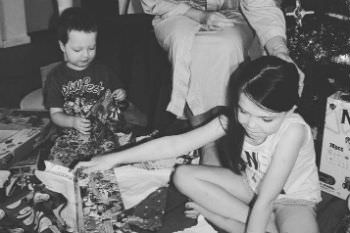
AUSTRALIA
- Amy Thunig
- 13 December 2018
6 Comments
I cannot help but think about the level of cognitive dissonance required to believe you hold not only the rights to an entire holiday, but also the moral high ground, all while occupying buildings built on stolen lands. The migration of this celebration to this continent did not happen in isolation from the violence of invasion and colonisation.
READ MORE 
-
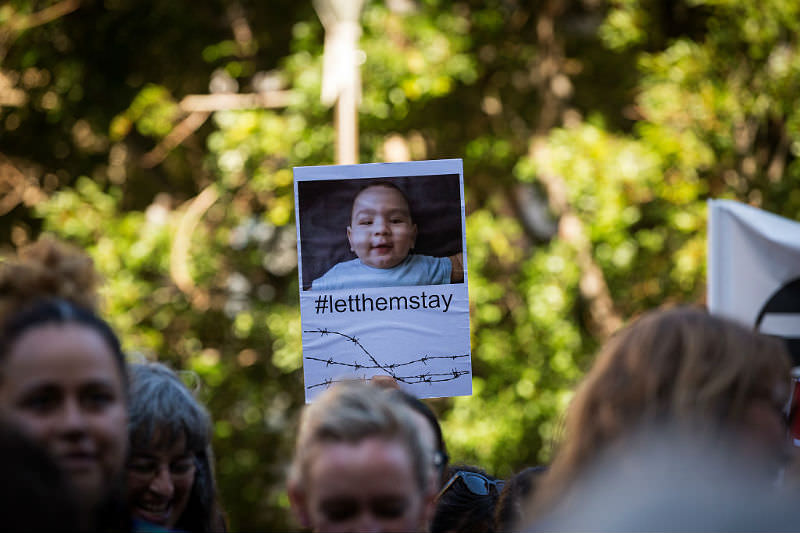
AUSTRALIA
- Andrew Hamilton
- 03 November 2018
11 Comments
To distant observers the hesitation and delay are hard to understand. They ask how it is possible to look on idle and unmoved at children in despair when you are in a position to address the causes of their despair. What is it that enables us to pass by damaged children, untroubled? The answer may lie in the quality of our moral imagination.
READ MORE 
-
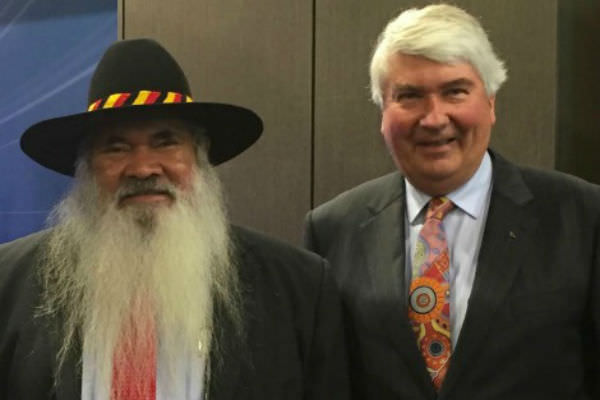
RELIGION
- Frank Brennan
- 10 September 2018
As leaders like Gough Whitlam and Patrick Dodson have attested, if we are to imagine and strive towards New Horizons for Justice and Solidarity, we need conviction, perseverance, capacity for compromise, relationships of trust, humour.
READ MORE
-
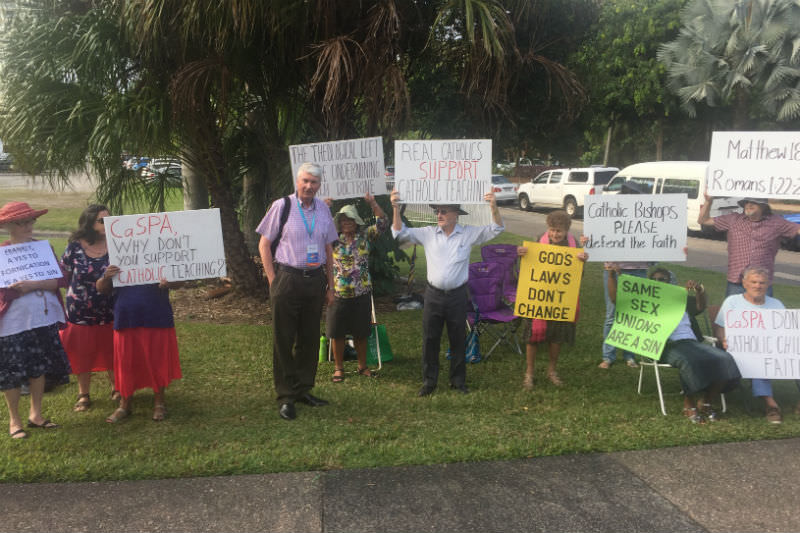
RELIGION
- Frank Brennan
- 16 July 2018
3 Comments
'Kristina Keneally was unapologetic in putting the place of women in our church front and centre. And so we should.' Tropical and Topical, 2018 National Catholic Principals' Conference, Cairns Convention Centre, 16 July 2018.
READ MORE
-
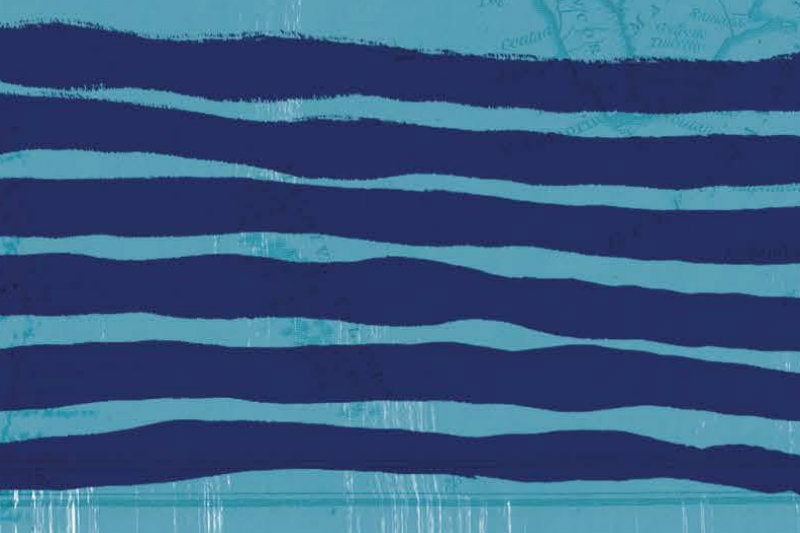
ARTS AND CULTURE
- Tim Kroenert
- 11 July 2018
'In the Beginning Was the Word' opens with Angelina D'Costa, 'five years to the day after she stopped being a Catholic', entering a church, determined to confront a popular priest who is known to have covered up for another priest who abused children; only to be moved to submission by the familiar beauty of the Mass.
READ MORE 
-
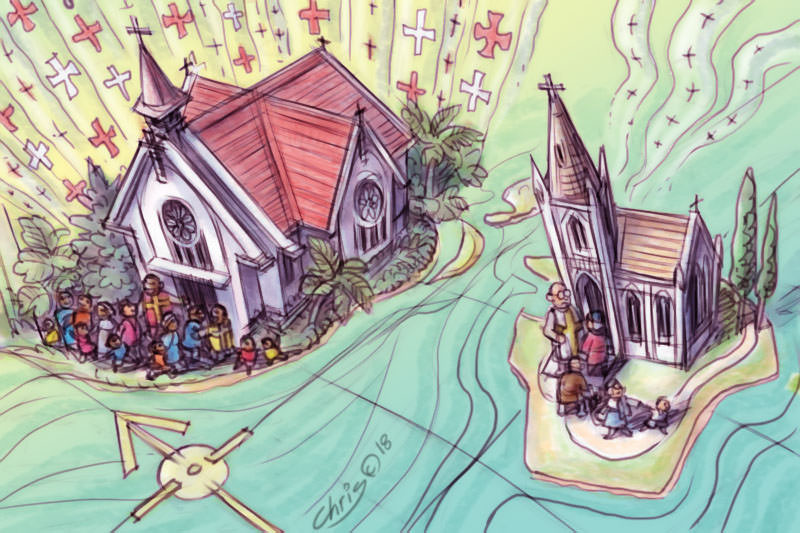
RELIGION
The church has always been more about family than religion to me - my grandmother's grandmother did it all in Latin, but isn't it cool that we went through the same motions? - and I thought it always would. Then I got lucky: I moved to the world's most populous Muslim country.
READ MORE 
-
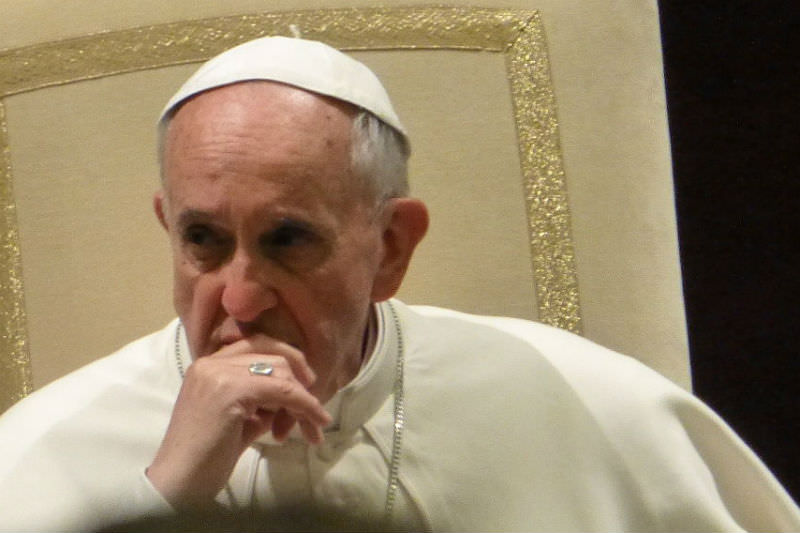
RELIGION
- Andrew Hamilton
- 27 March 2018
12 Comments
This year Easter coincides with the fifth anniversary of Pope Francis' election. Anniversaries are times for assessment and measurement. Francis' anniversary has led many to comment on the successes and failures of his papacy. Easter is a doubly appropriate time to reflect on whether the commentators have weighed in correctly.
READ MORE 
-
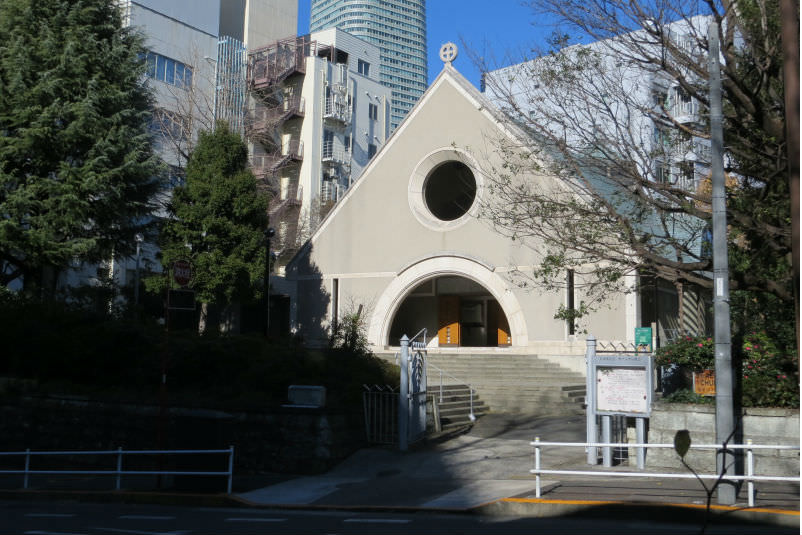
RELIGION
- Irfan Yusuf
- 14 December 2017
4 Comments
Last year I spent Christmas at St Andrew's. There was incense, holy communion and a whole heap of stuff that would horrify many Sydney Anglicans. Which is their bad luck because this St Andrew's was the Cathedral Church of the Tokyo Diocese of the Nippon Sei Ko Kai. I doubt Henry VIII imagined a diocese with a name like that!
READ MORE 
-
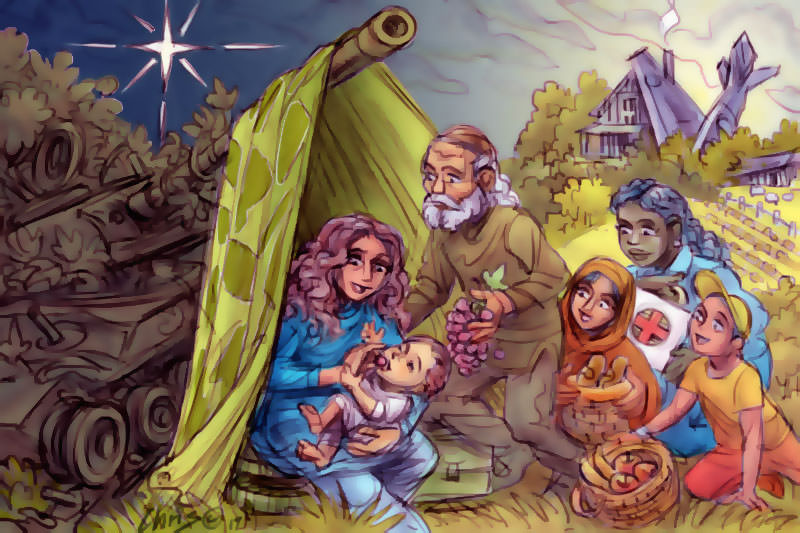
RELIGION
- Andrew Hamilton
- 12 December 2017
7 Comments
The embroidery on the Gospel stories shows that, like the painter and the refugees treading through the dust and heat of the road to Egypt, God dreams of a peaceful world in which people and nature live at peace, villages are well watered, trees cared for, grapes hang in bunches, refugee children are fed, and angels help make art.
READ MORE 
-
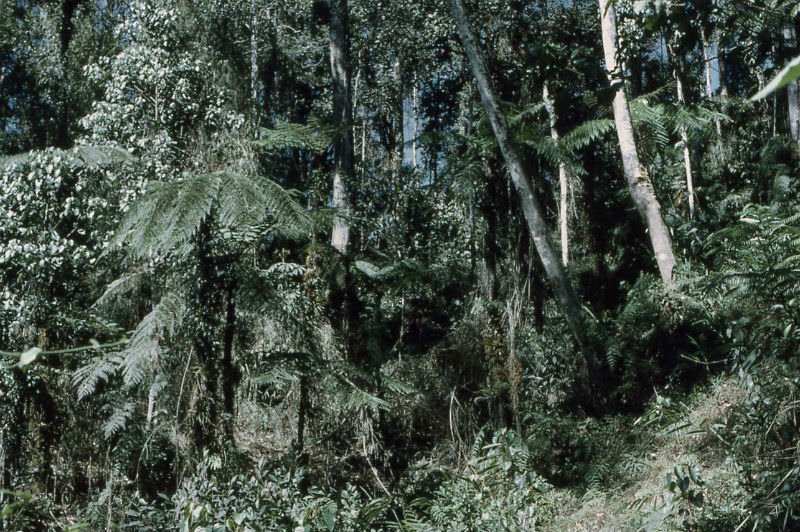
ARTS AND CULTURE
- Gillian Bouras
- 03 December 2017
6 Comments
'The Three Wise Men' was published in the Herald newspaper in 1943. It is set in the jungle of New Guinea, and is about three Australian soldiers called Jack, Bill, and Fred. It is Christmas Eve, and Jack, Bill and Fred are lost 'in the middle of New Guinea in jungle as thick as the hairs on a dog.'
READ MORE 
-

ARTS AND CULTURE
- Brian Matthews
- 28 November 2017
7 Comments
As a conversation opener, it wasn't that flash. I could have told Johnno that stories about the 'bloody banks' are so numerous and predictable that they're being used in sleep clinics. Still, one tries to do the right thing and so, steeling myself, I asked the crucial question. 'What's the story?'
READ MORE 
-

AUSTRALIA
- Frank Brennan
- 31 May 2017
6 Comments
Indigenous leaders this last week have called for the creation of two new legal entities. They want a First Nations Voice enshrined in the Constitution, and a Makarrata Commission set up by legislation. The Makarrata Commission would supervise agreement making between governments and First Nations and engage in truth telling about history. The envisaged destination is a national Makarrata (or treaty). So the immediate constitutional issue is the creation of the First Nations Voice. There is no point in proceeding with a referendum on a question which fails to win the approval of Indigenous Australia. Neither is there any point in proceeding with a referendum which is unlikely to win the approval of the voting public.
READ MORE